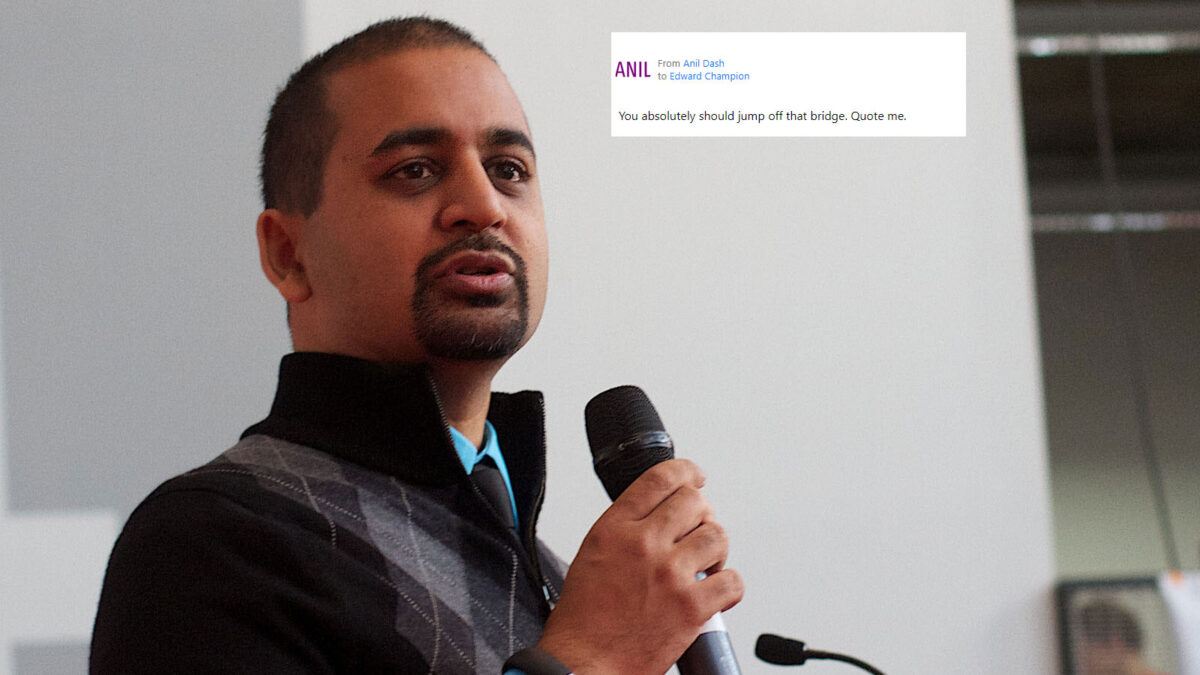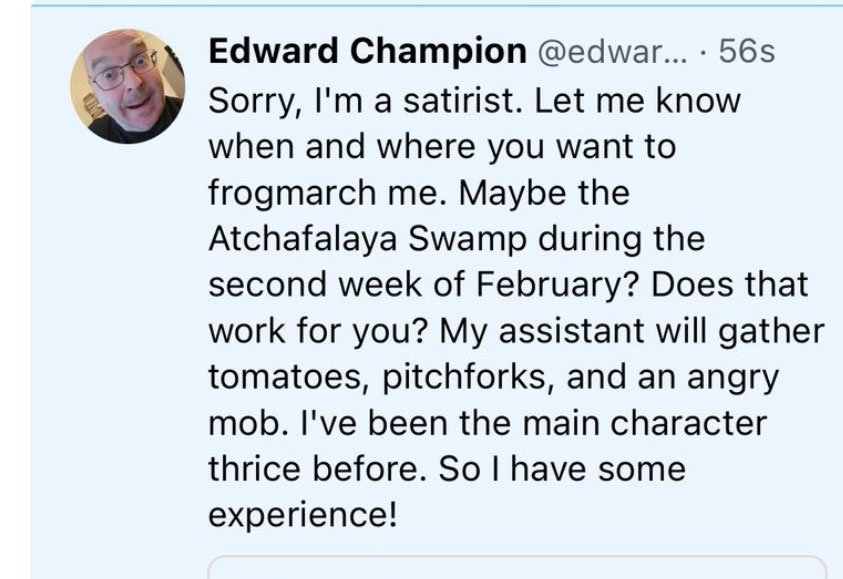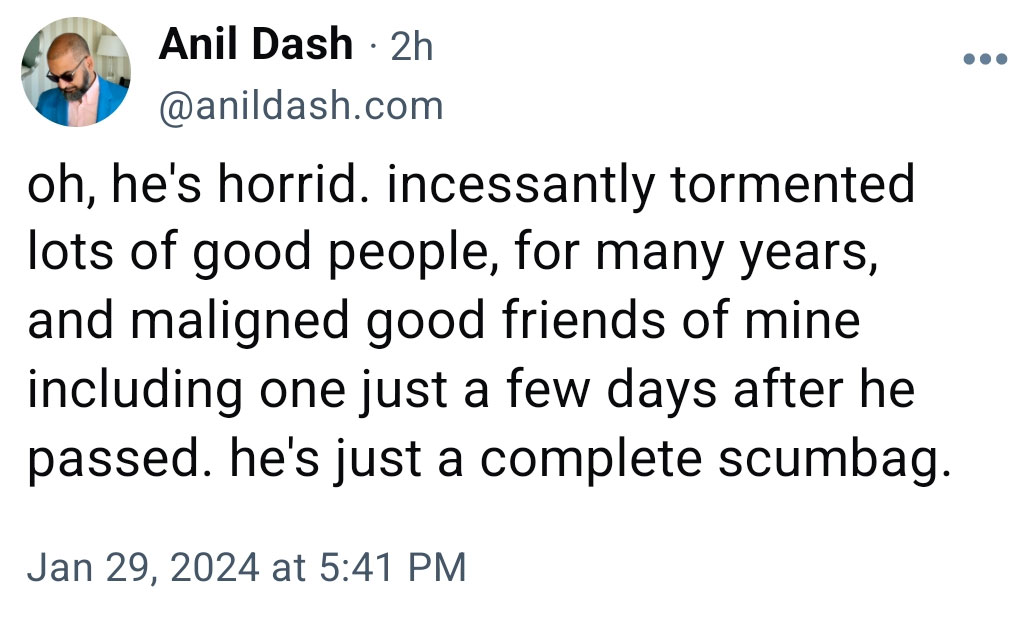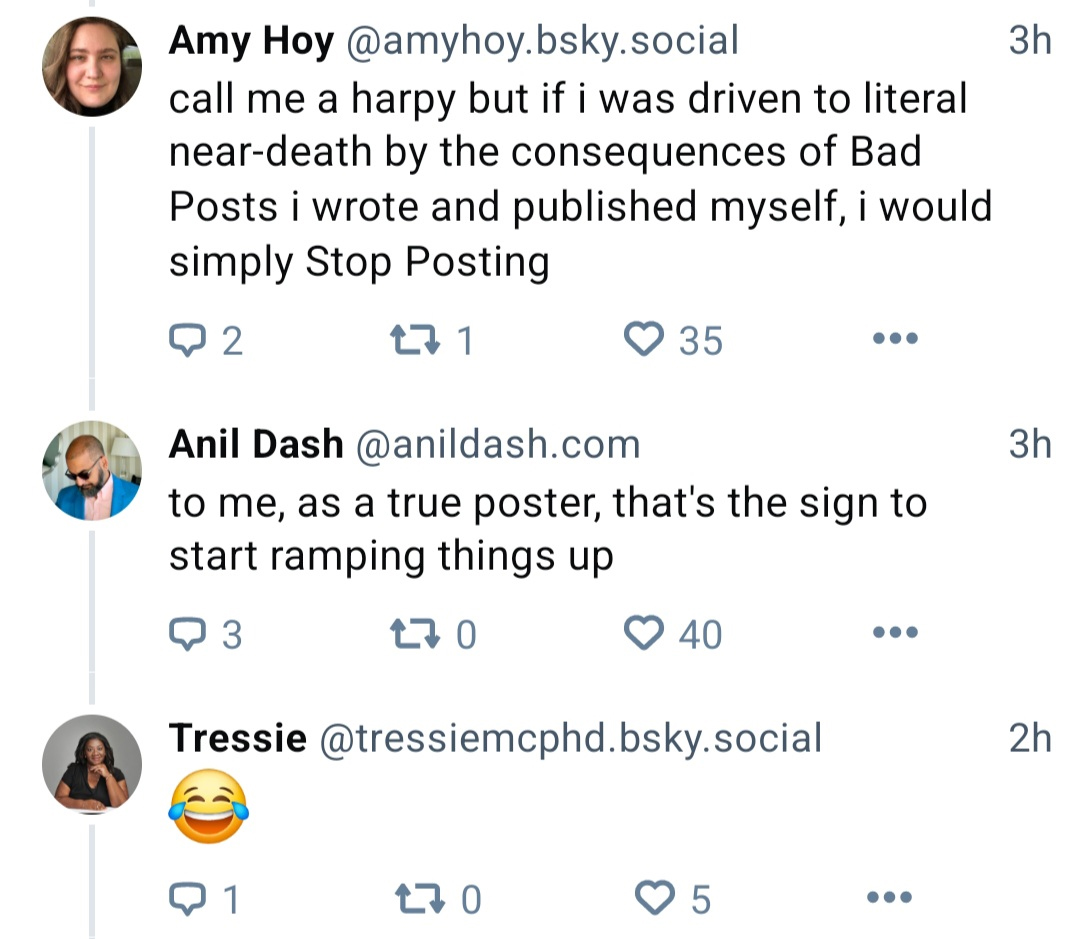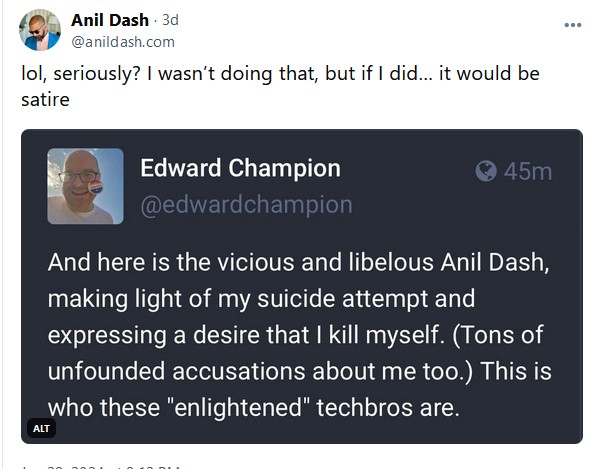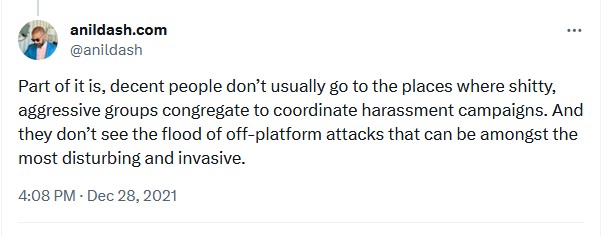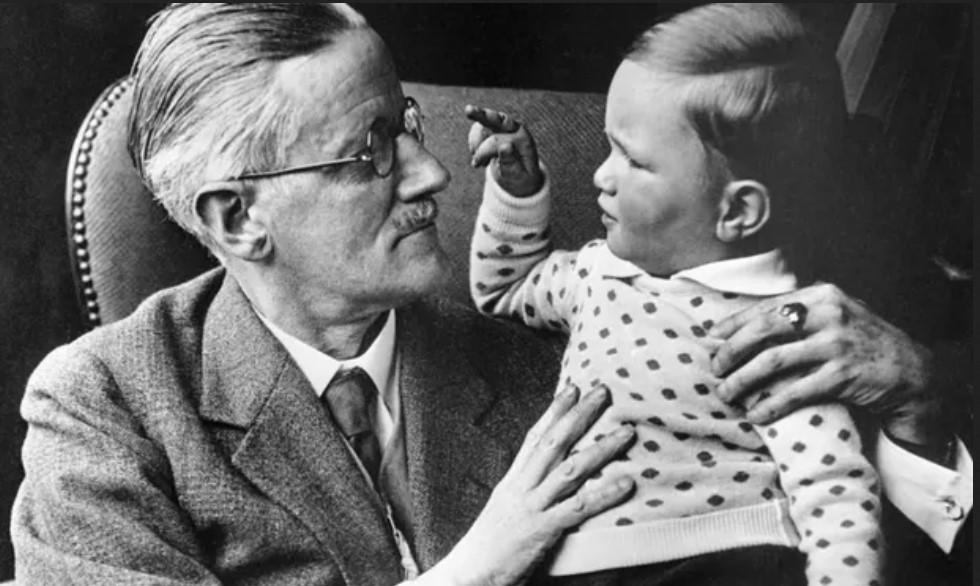(This is the thirty-ninth entry in the The Modern Library Reading Challenge, an ambitious project to read the entire Modern Library from #100 to #1. Previous entry: The Wapshot Chronicle.)

American history has always been a series of tranquil and joyful moments just before some terrible spill of the cosmic wheelbarrow. The ebb and flow of American life, as it has been and as it always will be, can be perceived as a recurring nightmare: of life, love, felicity, and possibility cast asunder in an unsettling uproar claiming some permanent end to innocence. The hanging chads and butterfly ballots ushering in a presidential monster, only to be eclipsed (and even normalized) sixteen years later by an even greater beast, a lusus naturae even more unhinged and more unsettling. The planes hitting the towers. A pandemic wiping out more than one million Americans. And, of course, the planes that attacked Pearl Harbor and stirred America from its slumber, shoving us into the Second World War.
In our rush to wrap our shivering minds in the warm blanket of nostalgia, as we recall epochs that were seemingly safer and stabler, we often forget that living did not stop and progress was not halted by the deafening clamor of sinister cornets warbling from left field. The best artists have always understood that each deep stab of history’s merciless dirk is answered by reflection and repose, of the battered and bruised emerging triumphantly from these setbacks with resilience and rejuvenation.
We were never like that. We were always like that. The push and pull continues unabated by the “winners” snorting with sow-soaked hubris at the top of the media food chain, with scant regard given to the unsettling totality.
Enter James Jones in 1951, whose massive masterpieces From Here to Eternity and The Thin Red Line are little remembered by anyone under fifty today.
I may very well be the last person under fifty to have signed on for the full James Jones experience. Not even the perspicacious film critic Glenn Kenny finished the Jones doorstopper that he named his thoughtful blog after, but I did.
From Here to Eternity is a peacetime novel bolstered by a trinity of misfits: a former boxer who grew up poor and who invites trouble named Private Robert E. Lee Prewitt (or Prew), a total maniac from Brooklyn who works in the kitchen named Private Angelo Maggio (in other words, a violent and unhinged toxic man who would be immediately canceled, if not arrested on sight, in 2024), and Sergeant Milt Warden, who is having an affair with Karen Holmes, naturally the wife of Captain Dana Holmes, who is the man in charge of G Company. Ther’s also Mess Sergeant Maylon Stark, who, while a minor character in Eternity, I mention here because Jones would take the names and temperaments of these men and reuse them for The Thin Red Line and Whistle, the next two books in his World War II trilogy. So in The Thin Red Line (another Jones masterpiece), Prewitt becomes Witt, Stark changes into Storm, Warden transmutes into Welsh. Then Whistle comes along and Witt is Winch, Prew is Prell, and Stark is Strange. It’s a clever move by Jones to show the interchangeability of certain personality types within the military-industrial complex. Thirty years before Richard Gere famously wailed “I got nowhere else to go!” in An Officer and a Gentleman, Jones understood the painful truth about rudderless men flocking to the military more than anyone.
Mention From Here to Eternity to anyone today and they will probably remember (that is, if they do remember) the famous love scene on the beach with Burt Lancaster and Deborah Kerr. But as undeniably romantic as this cinematic moment is, I would say that “Re-Enlistment Blues” probably captures the spirit of the book better than the waves sweeping across gorgeous Hollywood actors (and, hey, I’m not going to deny that Lancaster and Kerr are both incredibly sexy in that scene). I’ve taken the liberty of covering the song, if only to remind the world that it was Jones who wrote the lyrics (since fewer people read these days, why not set the record straight on TikTok?):
You see, Jones rightly perceived the military as an all-encompassing instrument designed to turn fuckups into soldiers through often brutal regimentation. (One can see the full unforgiving horrors against the more libertine and free-thinking men on display in the novel’s brutal chapters in the stockade.) In a December 8, 1939 letter to his brother Jeff, Jones wrote, “I, who am better bred than any of these moronic sergeants, am ordered around by them as if I were a robot, constrained to do their bidding. But I can see their point of view. Nine out of every ten men in this army have no more brains than a three year old. The only way they can learn the manual and the drill commands is by constant repetition. It is pounded into their skulls until it is enveloped by the subconscious mind. The tenth man cannot be excepted. He must be treated the same as the others, even if in time he becomes like them.” A little less than four decades later, Jones would hold to this unsettling truth in his compelling memoir, WWII: A Chronicle of Soldiering: “Men who had been raised to believe, however erroneously, in a certain modicum of individual free-thinking were being taught by loud, fat, devoted sergeants to live as numbers, by the numbers. Clothes that did not fit, when they could see clothes on the shelves that did fit…Being laughed at, insulted, upbraided, held up to ridicule, and fed like pigs at a trough with absolutely no recourse or rights to uphold their treasured individuality before any parent, lover, teacher or tribune. Harassed to rise at five in the morning, harassed to be in bed by nine-thirty at night.”
When From Here to Eternity dropped in 1951, few novelists — with the possible exception of Richard Aldington’s bracingly sardonic Death of a Hero — had dared to betray this unspoken memorandum of understanding. That the truth arrived in fiction six years after the surrender of Japan suggests that it was meant to be confronted, though not in expedient fashion. Three years before, Norman Mailer had merely presented the loneliness and dehumanization of his soldiers. But Jones was prepared to go much further than this, tackling military life with all of its blunt involutions. And it is testament to Jones’s great talent as a writer that Angelo Maggio — the anarchic id at the center of this massive novel — remains an inexplicably poignant figure, a character who charmed Frank Sinatra and, according to his biographer James Kaplan, caused Ol’ Blue Eyes to brood at night speaking his lines from the book and insisting that only he could play the part. (The role salvaged Sinatra’s then flailing career. Sinatra would go onto win an Academy Award for his performance in the 1953 movie. Indeed, it can be plausibly concluded that Sinatra would never have been Sinatra without James Jones. Without Maggio, Sinatra would have ended up as a forgotten crooner, some footnote in 20th century history.)
In stitching all these threads together, Jones was hindered by Scribner’s legal team, which demanded a low-salt version of the authentic soldier dialogue. Only a few years before, Norman Mailer had caved to the censors to get The Naked and the Dead published, using “fug” in lieu of a now commonplace word that one hears frequently from the mouths of enthusiastic teenagers (and causing Dorothy Parker to say, upon being introduced to Mailer, “So you’re the man who can’t spell ‘fuck.'”).
But Jones saw the revision as a creative challenge. In his poignant memoir, James Jones: A Friendship, Willie Morris (who was so tight with Jones that he finished writing the final installment of the World War II trilogy, Whistler, after Jones’s death) got the inside skinny from editor Burroughs Mitchell on how Jones approached this:
It was very hard work; Jim’s ear was so exact that you couldn’t easily remove a word from the dialogue or substitute for it. But he kept doggedly at it, and eventually he began to treat the job as a puzzle, a game, and was delighted with himself when he found solutions. It was characteristic of him, then and afterward, that when an editorial decision was made, a look of anguish would come over his face, he would get up and pace, and finally he’d either accept or say, “I just can’t change that,” looking even more anguished. Finally I reported to Mr. Scribner that we had cut all the fucks we could cut, although not the lawyers’ full quota, and Mr. Scribner cheerfully accepted the situation. That was certainly part of reason why, when Charles Scribner died suddenly, Jim insisted on going to the funeral. He said he knew that Mr. Scribner had been worried about Eternity — but he had gone ahead and published it.
In our present age of sensitivity readers and books being banned or unpublished for spurious reasons, righteous career-destroying ideologues are no less wild-eyed or humorless than their right-wing, anti-art, anti-Critical Race Theory, and casually transphobic counterparts — the kind of regressive dipsticks who wrongly complain about how Russell T. Davies’s new stories for Doctor Who are “too woke” because of pronoun recognition, Davies equipping the TARDIS with a wheelchair ramp (and proudly introducing Ruth Madeley as a disabled UNIT adviser), and the marvelous inclusion of nonbinary characters. But make no mistake: tyranny against expression is not confined to any political affiliation. It is difficult to fathom any modern day corporate publisher who would possess the stones to stick with an author’s artistic vision in the way that Charles Scribner did. (Only four decades after the publication of From Here to Eternity, a gutless vulgarian by the name of Richard E. Snyder, head of Simon & Schuster (which would gobble up the Scribner imprint in 1993), would kibosh the publication of Bret Easton Ellis’s American Psycho, before it was picked up by Vintage, where it would become a huge success (and be reinvented by the inventive Mary Harron as an unforgettable film adaptation mocking toxic masculinity, much as Ariel Levy and John Turturro recently adapted Philip Roth’s Sabbath’s Theatre for the stage in similar fashion). Thankfully, Snyder had the decency to drop dead of heart failure last June after living a long and spineless life lining the coffers of his corporate overlords by publishing “inoffensive” tomes.)
Jones wandered into the writing world a bit too late to get the full Maxwell Perkins treatment (he famously demanded to see Perkins in person as a young writer; Perkins received him and encouraged him, but passed away before he could devote his editorial energies to the entirety of Eternity), but he did have timing on his side, with the valves of permissible dialogue being slowly loosened in the early 1950s, culminating in the opprobrium that Grace Metalious would receive five years later for Peyton Place.
The uncensored version of From Here to Eternity was published by The Dial Press a few years back and, having read both the original and the uncensored versions, I would say that the latter is far superior. There are small differences, such as Maggio allowing a man to go down on him to land some extra cash:
“Oh, sall right. I admit its nothing like a woman. But its something. Besides, old Hal treats me swell. He’s always good for a touch when I’m broke. Five bucks. Ten bucks. Comes in handy the middle of the month.”
But these restored scenes really tell you about the quiet desperation of soldiers. They wait for payday. They augment their meager pay with card games in the latrine. They spend ridiculous amounts of money on sex workers. And they do this because, well, there is nothing else for them. In her incredibly underrated book Stiffed, Susan Faludi documented this problem in the 1990s from a variety of vantage points and concluded that the repugnant patriarchal cues and the way that American culture is conveniently superficial about anxieties that scar lives is equally applicable to men as well as women. And we cannot even begin to solve the underlying problems unless we are honest about all this. As journalists now lose their jobs and sites like The Messenger close their doors and kill their content without notice, it’s incumbent upon us to find the ballsy artists like Jones and stick up for them even when their honest sentiments are offensive or make us uncomfortable. More than five decades after its publication, From Here to Eternity still makes a valiant case for the need to tell and publish the truth.
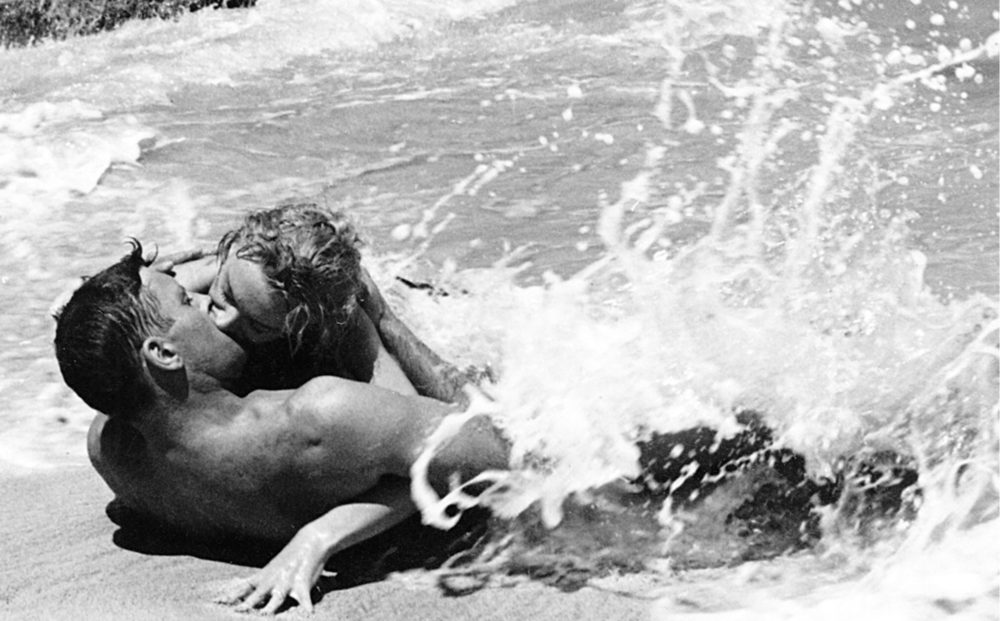
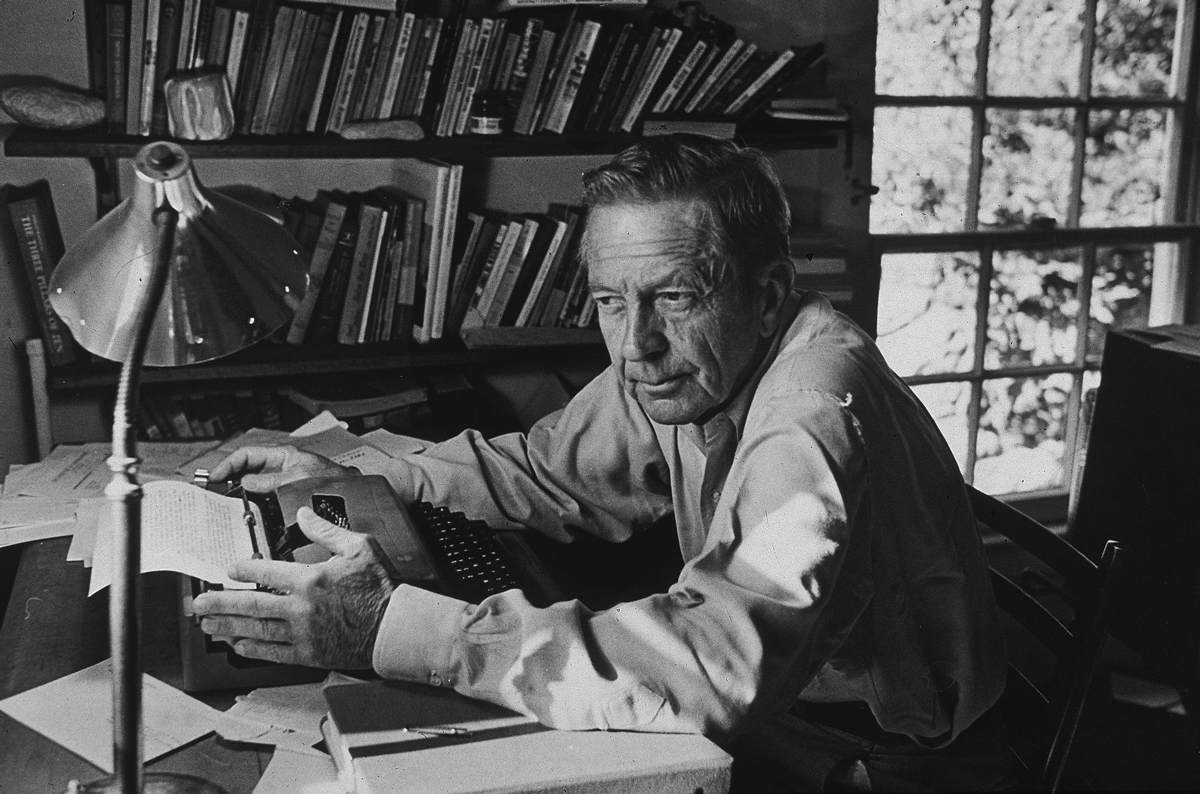
 Despite focusing almost exclusively on the upper and middle classes in his fiction, John Cheever was that rare New Yorker regular whose short stories never came across as off-puttingly imperious, superficially urbane, or especially pretentious (although he did don a mannered Mid-Atlantic accent for his television appearances; his
Despite focusing almost exclusively on the upper and middle classes in his fiction, John Cheever was that rare New Yorker regular whose short stories never came across as off-puttingly imperious, superficially urbane, or especially pretentious (although he did don a mannered Mid-Atlantic accent for his television appearances; his 